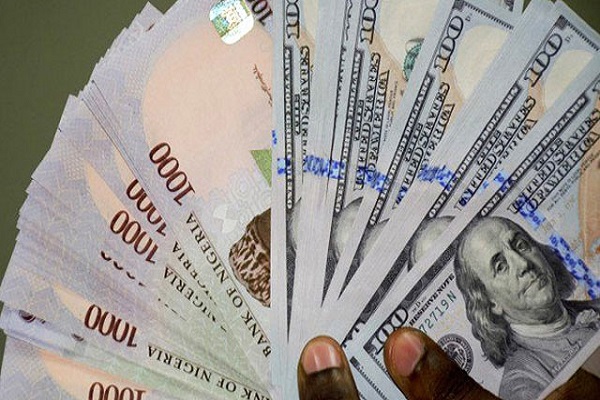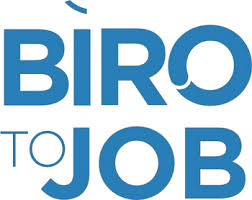Federal Govt To Raise N471 Billion From Domestic Capital Market In First Quarter

The Federal Government plans to raise about N471 billion in new debt capital from the domestic capital market this quarter as the government begins fund raising to bridge 2022 budget deficit of about N6.39 trillion.
Provisional debt issuance calendar of the government at the weekend showed that it will be raising about N471 billion through issuance of short to long-term ordinary bonds and low-end retail savings bonds.
According to the issuance plan, the first auction for ordinary short-to- long term bonds will take place this Wednesday, the same settlement date for the January 2022 issuance of the monthly Federal Government of Nigeria Savings Bonds (FGNSBs), which application closed at the weekend.
Under the first auction, the government is offering to raise a total of N150 billion in equal amount of N75 billion each through a reopening of its 12.50 per cent FGN January 2026 bond and issuance of a new 20-year long-term bond due for maturity in 2042.
The size of the monthly FGNSB is determined by the book orders and usually disclosed after the settlement; but the government had raised N302 million in its last savings bonds in December 2021. The government has since 2017 been issuing the retail savings bonds every month, with a dual objective of revenue financing and development of domestic savings culture. The January 2022 offer was the 55th tranche of the savings bond, introduced in 2017.
The Debt Management Office (DMO), which oversees government’s debt issuances and management, had at the weekend closed applications for a Two-Year FGN Savings Bond due January 19, 2024 and a Three-Year FGN Savings Bond due January 19, 2025. The coupon or interest rate for the two-year bond was 7.542 per cent yearly while the three-year bond carried a coupon of 8.542 per cent per annum.
The government plans to raise between N140 billion and N160 billion in February 2022 through the another reopening of its 12.50 per cent FGN January 2026 bond and a reopening of the new 20-year long-term bond due for maturity in 2042 billed for auction this Wednesday.
The February 2022 issuance programme will be repeated in March 2022 to raise between N140 billion and N160 billion through reopening of the 12.50 per cent FGN January 2026 bond and the 20-year January 2042 bond.
The Federal Government plans to spend N17.13 trillion under the 2022 national budget, 18 per cent higher than 2021 budget. This includes recurrent, non-debt, expenditure of N6.91 trillion or 40 per cent of total expenditure and capital expenditure of N5.96 trillion or 35 per cent of total expenditure. Debt servicing is estimated at N3.61 trillion, about 21 per cent of total expenditure or 34 percent of total revenue projection.
However, the government projected total revenue of N10.74 trillion in 2022, leaving a deficit of N6.39 trillion. Government is expected to issue additional Eurobonds and domestic bonds, including its raving Sukuk bond
Latest report by the DMO showed that Nigeria’s public debt stock stood at N38.01 trillion in third quarter 2021. External debt stood at N15.57 trillion or 41 per cent of total public debt while domestic debt stood at N22.43 trillion or 59 per cent of total public debt.
Both the government and private sector experts agreed that Nigeria will remain significantly dependent on borrowings to finance its budget in the meantime
“We do not see any respite to debt accumulation over the medium term, given our expectation that increased borrowings will be required to plug the rising fiscal deficit. Our prognosis is hinged on continued revenue underperformance relative to the budget and persistent increase in expenditure,” Cordros Capital stated.
DMO Director-General, Patience Oniha had said that as a result of poor performance in revenue, there would be increasing borrowing.
According to her, much as the government has been conservative in projecting revenues, it will still be underperforming in revenue.
“So, it means that we are relying increasingly on borrowings to finance the activities of government;” Oniha said.
She outlined that looking at where the public debt stock is and what it is projected to be, based on the new borrowings provided for in the MTEF; debt stock will grow naturally, same for debt-to-GDP ratio too. Oniha spoke during the 2022-2024 Medium Term Expenditure Framework (MTEF) and Fiscal Strategy Paper (FSP) interactive session with the House of Representatives’ Committee on Finance.








